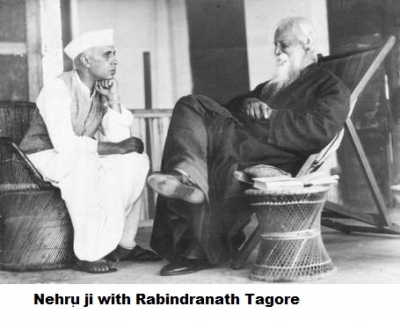
After World War I, the Rowlatt Act was passed to repress subversive activities against the British Raj in India. Many protests followed this Act, particularly in the Punjab region where there was widespread discontent and violence.
As a result, martial law was imposed on 12 April, 1919 and public gatherings were banned. However, many people in the city of Amritsar were unaware of this order and a large crowd gathered the next day in an enclosed garden in Amritsar named Jallianwala Bagh to celebrate the festival of Baisakhi.
When word of this reached the commanding officer, Brigadier Reginald Dyer, he retaliated by ordering his troops to open fire on the crowd, killing many people, including women and children. The British official figure of the dead was 379.
This act of extreme callousness changed forever the relationship between the ruling British and Indians. A wave of resentment swept through the country and thousands joined the freedom struggle. Nobel laureate Rabindranath Tagore renounced his knighthood and many moderates turned into hard core freedom fighters. It was a wake-up call for Nehru as well.
Picture Credit : Google




